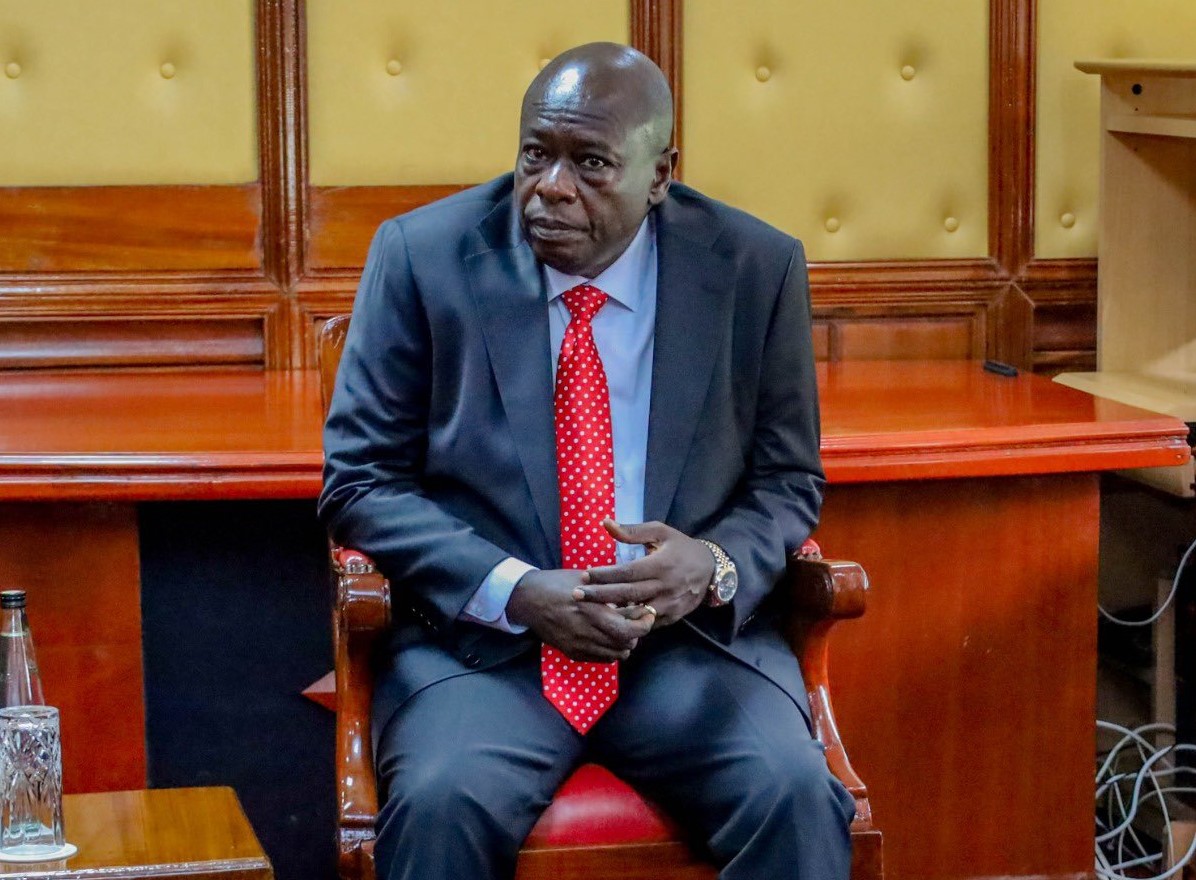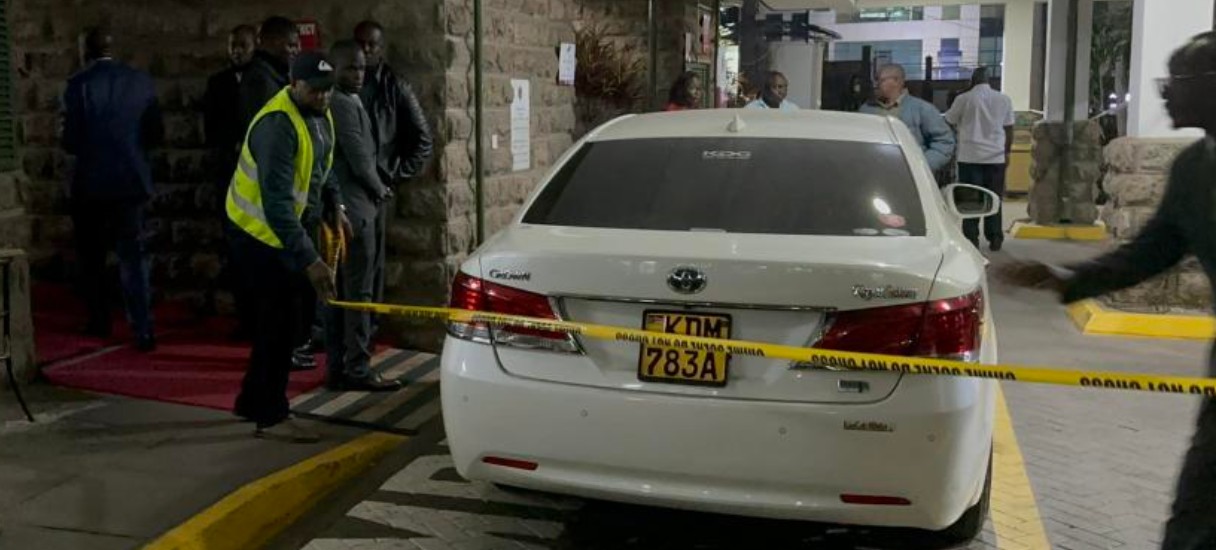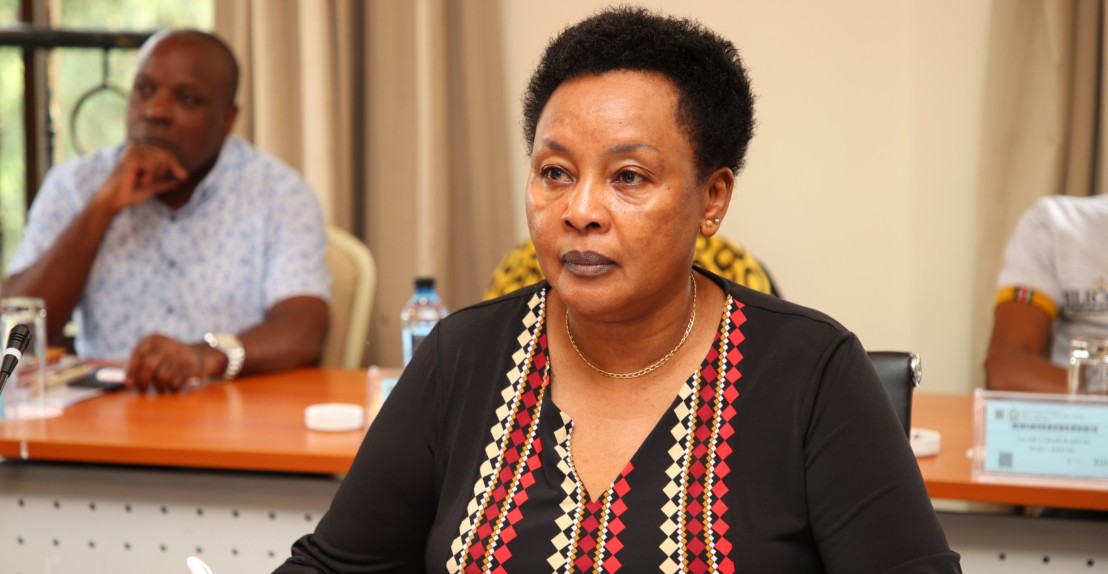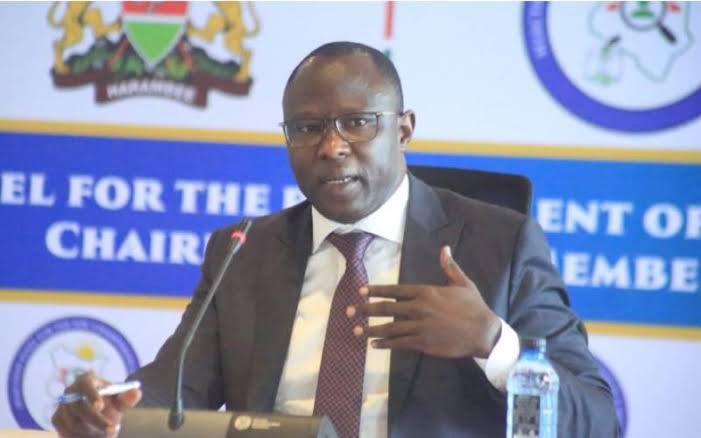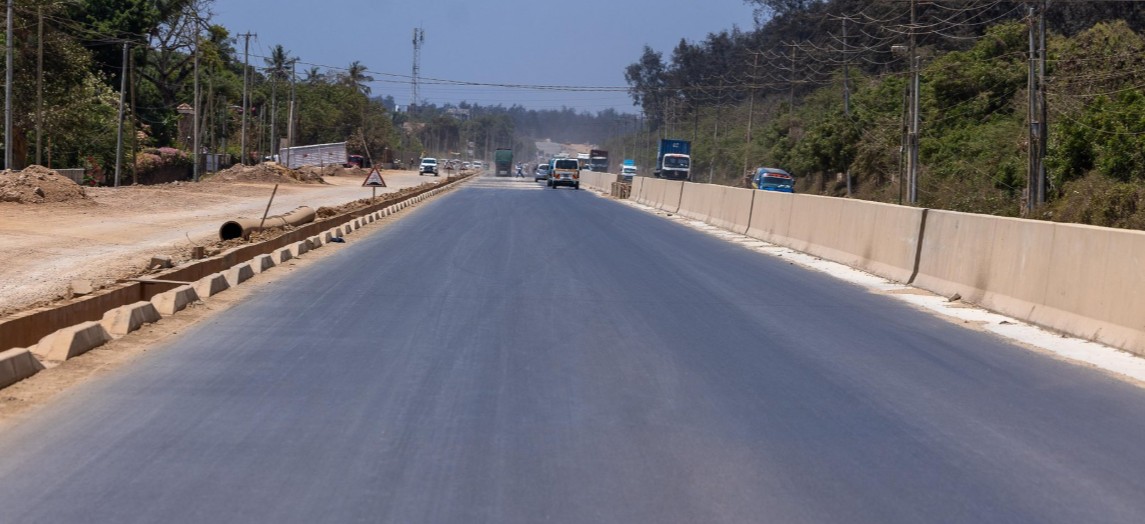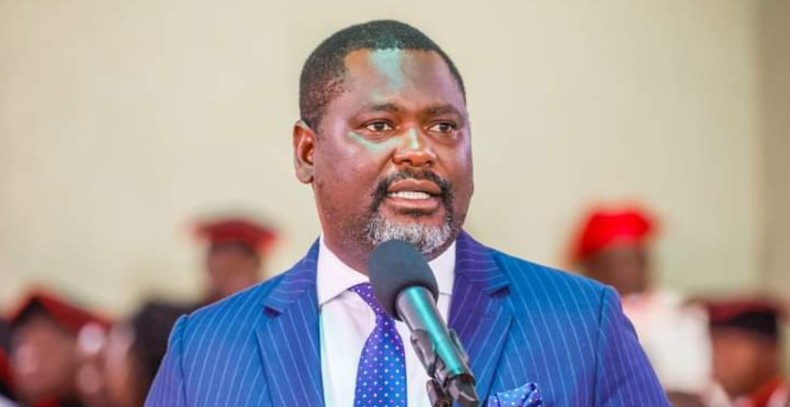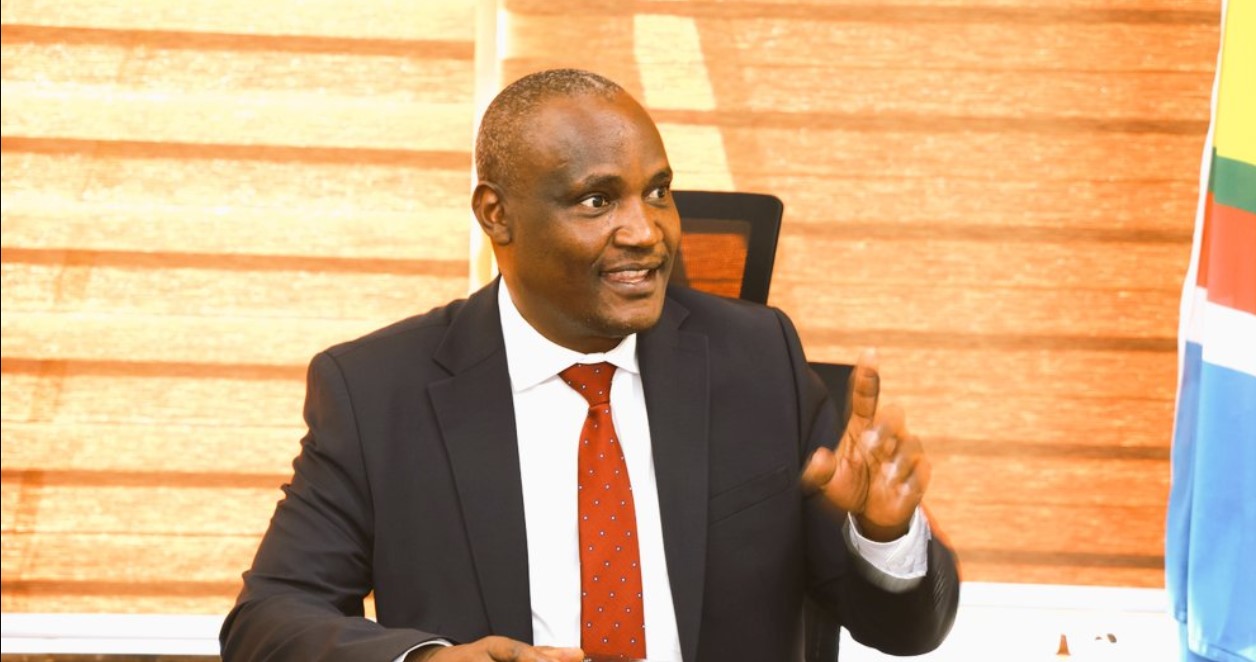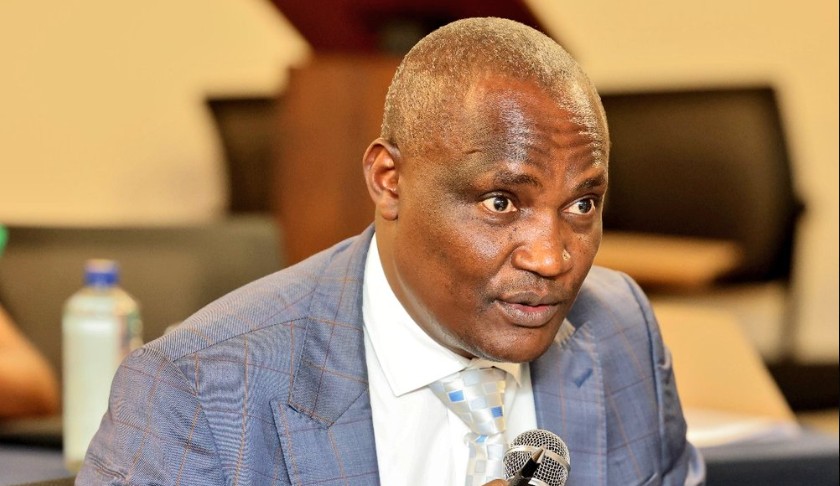MPs unite, stand firm against proposal to consolidate bursary schemes
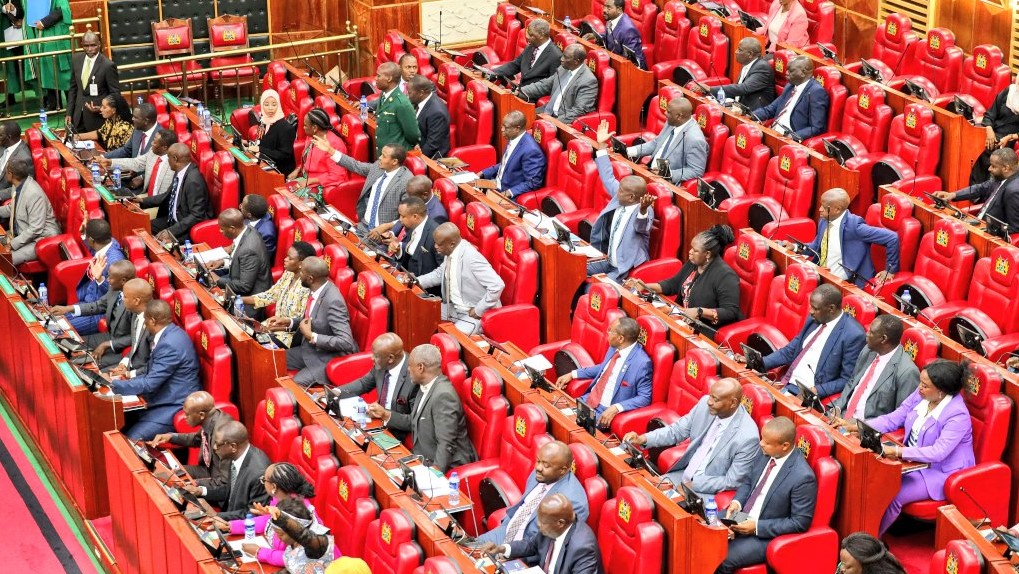
Only two MPs, Raphael Wanjala (Budalangi) and Mark Nyamita (Uriri) supported the motion to merge the bursaries.
Hopes for the consolidation of various bursaries took a hit on Wednesday as Members of Parliament opposed efforts to remove millions of shillings from the National Government Constituencies Development Fund (NG-CDF).
The lawmakers also resisted proposals to change the National Government Affirmative Action Fund, which disburses about Sh1.5 billion in bursaries across the 47 counties.
During a heated debate, MPs expressed their determination to maintain control over the funds that help needy students access education.
They were responding to a motion by Nairobi Woman Representative Esther Passaris who advocated for the collapse of all bursary schemes to ensure equitable access to free education.
"This House urges that the government, through the Ministry of Education in collaboration with the relevant stakeholders, undertakes a comprehensive overhaul of the education bursary system. This is with a view to collapsing all bursary schemes and allocating the funds to the State Department for Basic Education, for provision of free basic education through capitation to be directly remitted to schools," Passaris stated.
Despite her proposal, MPs stood united against centralising the funds. They emphasised that such a move would jeopardise access for millions of Kenyans at the grassroots level.
National Assembly Speaker Moses Wetang'ula's office is leading the legislative proposal to centralise bursaries, but many lawmakers dismissed the idea.
Westlands MP Tim Wanyonyi pointed out the failure of previous centralised systems, insisting that the constituency bursary should remain untouched.
"A long time ago we had a government bursary which was shrouded in secrecy; only the well-connected got access to that bursary," Wanyonyi said.
Nyali MP Mohammed Ali raised concerns about the accessibility of funds if centralised in Nairobi.
"Hon Passaris is proposing all money be put in one basket. How will it be? We fought against centralising everything so that the resources be devolved to the people at the grassroots," he argued.
Samburu East MP Jackson Lekumontare pointed out that centralising funds could lead to a zero-sum game, urging an increase in the NG-CDF instead.
"Even if we release the funds, it (education) will not be free. Instead, we should increase the NG-CDF," he stated.
Turbo MP Janet Sitienei echoed these concerns, questioning the fairness of decentralising funds for students already reliant on bursaries.
"It will be unfair to very needy students to decentralise the fund. What will happen to students who are already in school because of bursaries?" she asked.
Saku MP Raso Dido warned of a potential mass dropout of students if the NG-CDF bursary component is removed.
"If you give the responsibility to Jogoo House, the many needy students who are going to school today may not be able to go there," he cautioned.
Maraket West MP Timothy Toroitich also warned against disrupting a functioning system.
"The elephant is the issue of duplication. Let us develop a system where duplication is avoided, whereby when one student is given (money) through presidential bursary, the same student cannot benefit from NG-CDF," he said
Only two MPs, Raphael Wanjala (Budalangi) and Mark Nyamita (Uriri) supported the motion to merge the bursaries, with Nyamita adding that real free primary and secondary education should be ensured.
"I fully support the proposal to collapse all the bursaries; the rider is that we are offering real free primary and secondary education and even [in] TVETs," he said.
Consolidation proponents cited issues such as a lack of transparent selection criteria, delayed disbursements, and insufficient coverage of education costs, leading to gaps that parents must fill.
This debate comes even as the High Court has declared the NG-CDF unconstitutional.
Justices Kanyi Kimondo, Roselyn Aburili, and Mugure Thande gave the current NG-CDF a grace period of one year and eight months, expiring on June 26, 2026, when the fund will cease to exist.
During this period, all pending NG-CDF projects must be completed.
The National Assembly’s legal team plans to appeal the ruling which threatens to end the multibillion-shilling fund.
Top Stories Today

